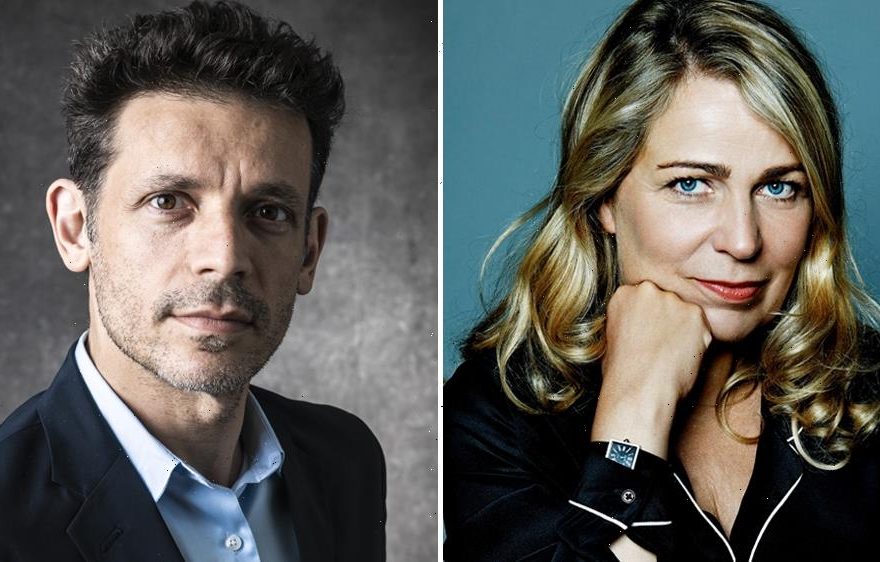Danish helmer Lone Scherfig is already developing the second season of “The Shift”, she revealed on Monday during an online Berlinale Series Market talk “From Film to Series.”
Set in a maternity ward and starring Sofie Gråbøl and Pål Sverre Hagen, it’s the first series as a showrunner for Scherfig, who in 2019 opened Berlinale with “The Kindness of Strangers” and won a Silver Bear for “Italian for Beginners.”
“It’s a tribute to the people who work in the healthcare system under extreme pressure, to the care and the love they show, even despite tough working conditions,” she said. “The Shift” is produced by Creative Alliance, with Beta Film handling the sales.
Scherfig was joined by another Silver Bear winner, Argentine director Daniel Burman, back in Berlin with Amazon Prime Video’s “Yosi, the Regretful Spy” – the story of a secret agent infiltrating the Jewish community in Buenos Aires, based on true events and featuring Gustavo Bassani and Natalia Oreiro.
“He was infiltrating this community for over 20 years, so much so that he started to feel Jewish and arrived at a big identity crisis,” said Burman. “The hero’s journey is so long and stretched out, it would be harder to think of it in terms of just one film.”
This sentiment was shared by Scherfig, who wanted “The Shift” – with its multiple protagonists and interweaving storylines – to be “in favor of unpredictability.”
“In a way, a series has more in common with a novel. You don’t have such strict structural demands. Most of the other TV series I’ve worked on as a director have been quite traditional – they were like small feature films. But thinking of it as a novel and opening up to whichever possibilities that gives you has been a delight.”
Making a series calls for collaboration and trust, they argued, as it usually provides more leeway for individual ideas.
“Everyone should get an opportunity to make a series after they turn 40, as you have to finally let go of your ego,” observed Burman, who co-directed “Yosi” with Sebastián Borensztein.
“As directors, we think that maybe if we stick to the scene and shoot it three times, we will reach that point. But sometimes it’s not about getting the perfect shot, it’s about keeping on going. After you see the finished product, you go: ‘Wow, the possibilities of things going wrong were almost infinite.’ At the end of the day, you view it as a miracle.”
While both admitted that a series demands more time and involvement (“Sometimes I sit in my car, look out of the window and think all the people on the street are extras,” joked Scherfig), it also allows one to be much less controlling.
“Then again, if a younger director would ask what’s the trick to making a TV series, I would never say: ‘Don’t be in control.’ When Daniel says it’s better in your 40s, it’s because you need to work really quickly and make fast decisions,” she added, mentioning that in smaller countries it’s still challenging to achieve great quality – mostly because of time restraints.
“Television drama derives more from radio drama, while films have this tradition of imagery and a closer relation to dreams. The audience would like to see a series with a convincing visual identity, but it’s super hard to do that on a very tight schedule,” she said.
“Eventually, we might find out that if we get more time to perfect our craft and bring in people who can also do cinema, it’s better for everybody. It’s tough to go home and feel you could have done so much better, as the quality immediately lifts when you have a little more time. But even if you go to a James Bond premiere, you can probably find a director sitting in the kitchen, thinking the exact same thing.”
Source: Read Full Article
